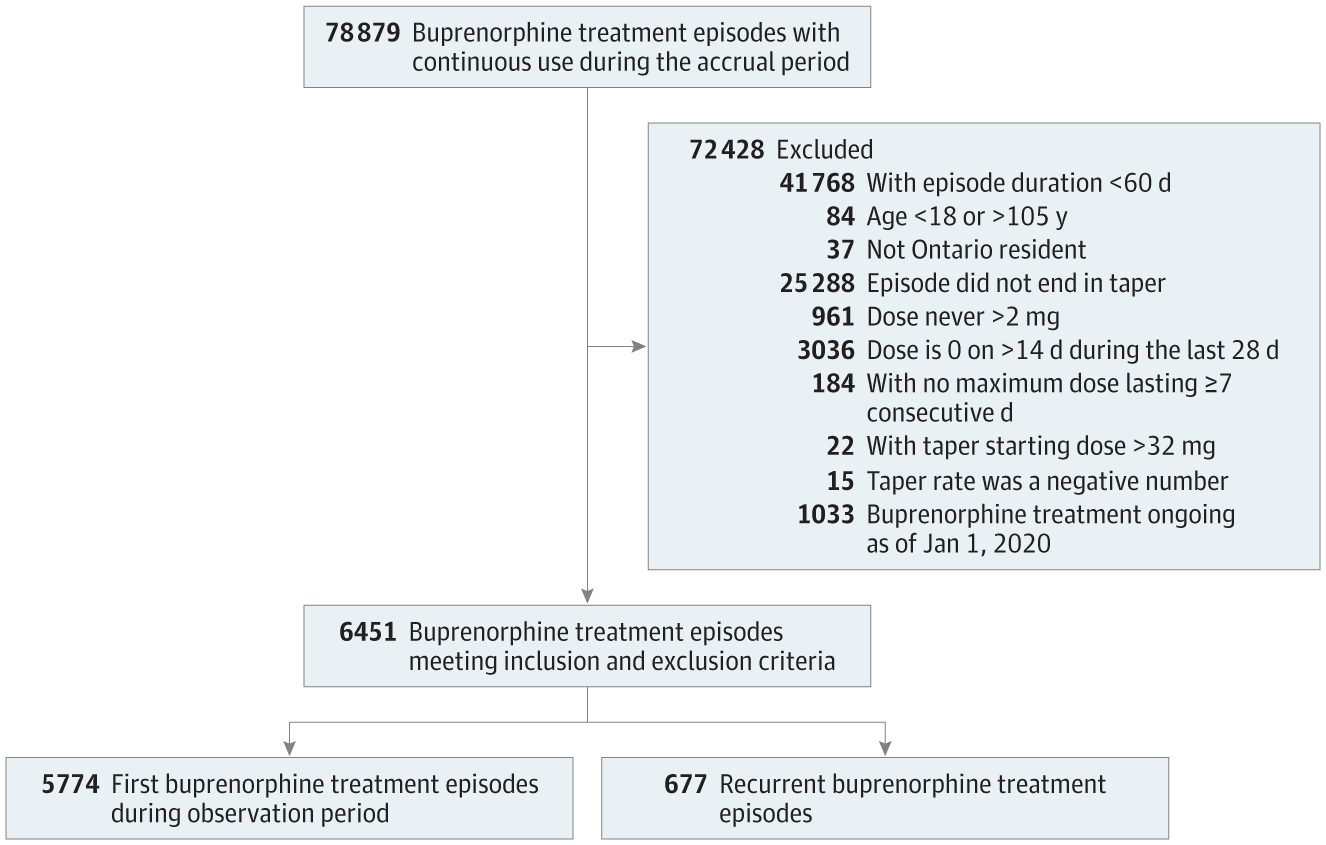I'm interested in FM due to the shortage and being able to help a broad range of patients with a broad range of issues. I disagree with your stance that one shouldn't do FM if they think they deserve higher pay based on higher competition to get into medical school. Everyone wants to be paid more for doing harder work, and if a low paying job isn't filled, they will either have to raise the pay or go out of business. Physicians hold the power in clinical businesses, if you have no doctors you have no clinic. Going to the hospital, urgent care, clinic that pays more or hanging your own shingle and rejecting low ball offers is the best thing to do.


